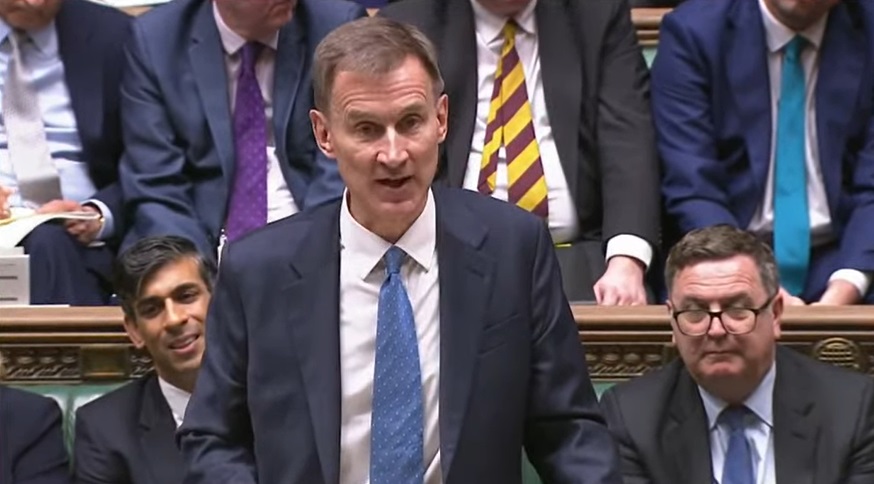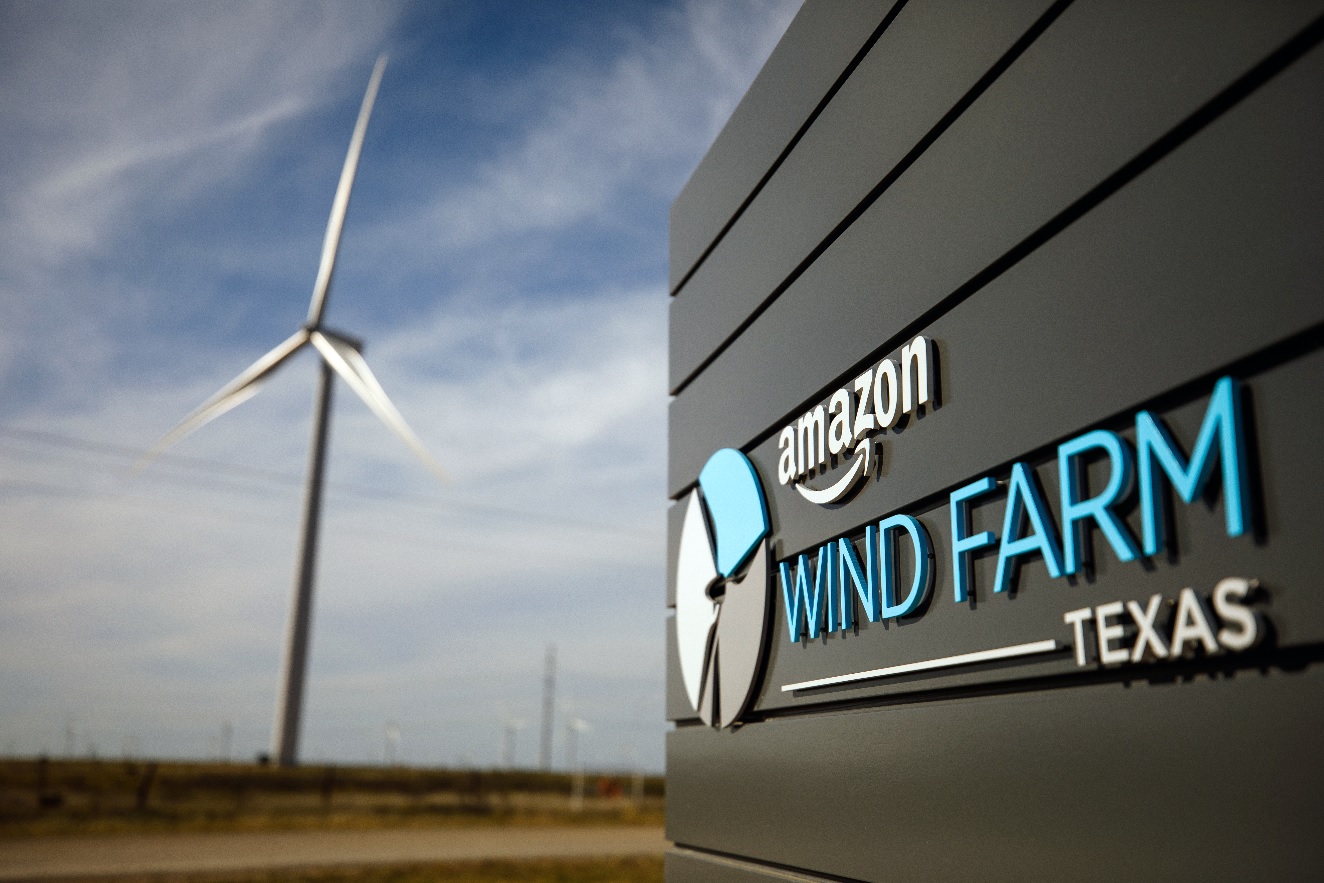UK to Invest Over $1.2 Billion to Boost Green Industries
The UK government announced plans to invest £960 million (USD$1.2 billion) in green industries aimed at accelerating manufacturing in key net zero sectors, in addition to a new series of significant reforms designed to rapidly boost the capacity of its electricity grid to address energy transition needs over the coming decades.
The new £960 million investment will be provided through a Green Industries Growth Accelerator to support clean energy supply chains across the UK, with investments focused on areas including offshore wind, electricity networks, nuclear, CCUS and hydrogen.
The investment was announced with the Autumn Statement 2023 delivered by Chancellor of the Exchequer Jeremy Hunt, forming part of package of £4.5 billion to support strategic manufacturing sectors between 2025 – 2030, which also included £2 billion for zero emission investments in the automotive sector.
Hunt said:
“These targeted investments will ensure the UK remains competitive in sectors where we are already leaders and innovative in areas where we are not. Taken together across our fastest-growing innovation sectors, this support alone will attract an estimated £2 billion of additional investment every year over the next decade.”
While sustainable investment and finance groups welcomed the statement’s climate-focused measures, they criticized Hunt for not going further to address the need to respond to major clean energy and industry packages launched by the U.S. and EU, such as the Inflation Reduction Act, and the Green Industrial Plan, respectively.
UK Sustainable Investment and Finance Association (UKSIF) Chief Executive James Alexander said:
“The size and scale of commitments made today still fall short of a sufficiently comprehensive response to the U.S Inflation Reduction Act, the EU’s Green Deal Industrial Plan, and similar initiatives in other jurisdictions.
“If the UK is to attract the capital needed to lead the global transition to a more sustainable future, creating jobs and economic prosperity, we must build investor confidence, address greenwashing risks, and tackle more of the UK’s underlying investment barriers. The Chancellor didn’t go far enough.”
Alongside the new investments, Energy Security Secretary Claire Coutinho unveiled a series of power network reforms to help accelerate electrification. New reforms include measures expected to halve the time it takes to build high-voltage power lines from 14 years to 7, and to cut the average delay time projects face to connect to the grid from 5 years to just 6 months.
The measures come as the slow rollout and underinvestment in electricity grids threatens to form significant barriers towards the achievement of global climate goals. According to a report released in October 2023 by the International Energy Agency (IEA), 80 million kilometers of power lines will need to be added or replaced globally by 2040, roughly equal to the entire global grid today, with investment doubling to over $600 billion per year by 2030, in order to remain on track to achieve the Paris Agreement goal to limit temperature rise to 1.5 °C, and to keep up with the increasing deployment of new renewable energy capacity.
Coutinho said:
“We have set out the most radical plans to update the grid since the 1950s – speeding up connections and rapidly increasing capacity.
“As we move away from unreliable imports to cheaper, home-grown energy, we’re boosting the grid so that it can meet our expanding electricity needs which are expected to have doubled by 2050.”





